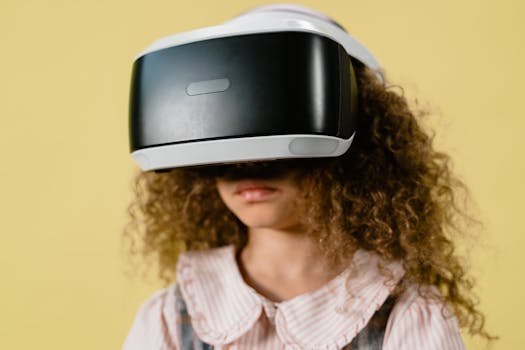
“`html
Introduction
The future of education is evolving rapidly, and by 2025, we can expect significant transformations that will redefine how knowledge is imparted and acquired. In this article, we will explore the emerging trends, technologies, and pedagogical approaches that will shape the educational landscape.
Section 1: Technology Integration in Education
As we approach 2025, the integration of technology into education will become more profound. Classrooms will likely be equipped with advanced tools such as virtual reality (VR) and augmented reality (AR), providing immersive learning experiences. These technologies will enable students to explore complex subjects in a more engaging way.
Moreover, the use of artificial intelligence (AI) will facilitate personalized learning experiences, allowing educators to tailor curricula to meet the individual needs of students. This shift towards individualized learning paths will help address diverse learning styles and paces, similar to the way e-commerce is evolving.
Section 2: The Rise of Online and Hybrid Learning
The COVID-19 pandemic accelerated the adoption of online learning, a trend that is expected to continue through 2025. Hybrid learning models that combine face-to-face instruction with online components will become more prevalent, providing flexibility and accessibility for students.
Institutions will invest in robust online platforms to enhance the learning experience, enabling students to access resources anytime and anywhere. This shift will also foster a global classroom, where learners from different parts of the world can collaborate and share insights, much like the emerging trends in sustainable living.
Section 3: Emphasis on Soft Skills and Lifelong Learning
In 2025, there will be a greater emphasis on developing soft skills such as critical thinking, collaboration, and communication. Employers are increasingly looking for candidates who possess these competencies, prompting educational institutions to incorporate them into their curricula.
Lifelong learning will also become a central theme in education. As the job market evolves, individuals will need to continually update their skills to remain competitive. Educational institutions will offer more opportunities for adult education and professional development, similar to the way luxury car brands adapt to market demands.
Conclusion
As we look towards 2025, the future of education promises to be dynamic and inclusive. Technology will play a pivotal role in shaping learning experiences, while an emphasis on soft skills and lifelong learning will prepare students for the challenges of tomorrow. Embracing these changes will be essential for educators and institutions to foster a more effective and engaging learning environment.
“`






